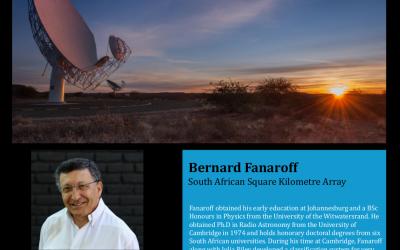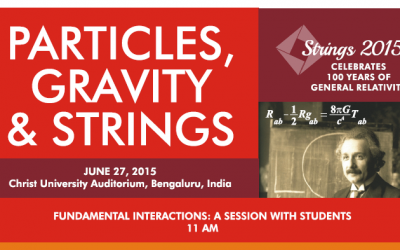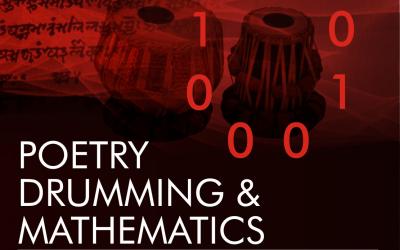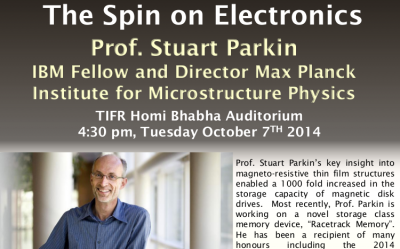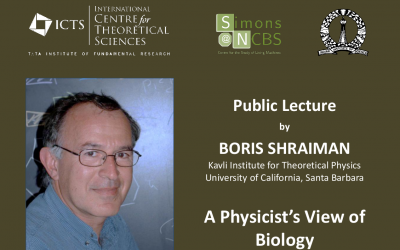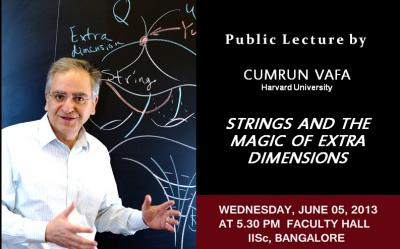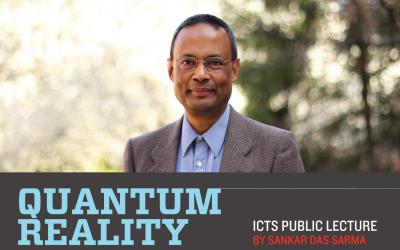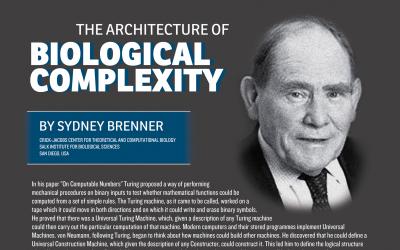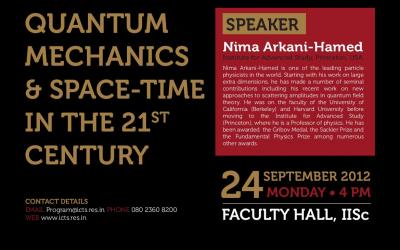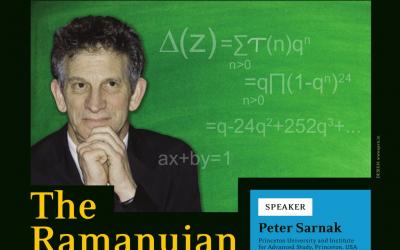Bernard Fanaroff (South African Square Kilometre Array)
16 October 2015, 16:30 to 17:30
Chandrashekhar Auditorium, ICTS Bangalore
South Africa has invested in the development of a large and vibrant radio astronomy community by building a greenfield observatory, protecting it by law from radio frequency interference, designing and building the MeerKAT array and participating very actively in the design of the Square Kilometre...more


